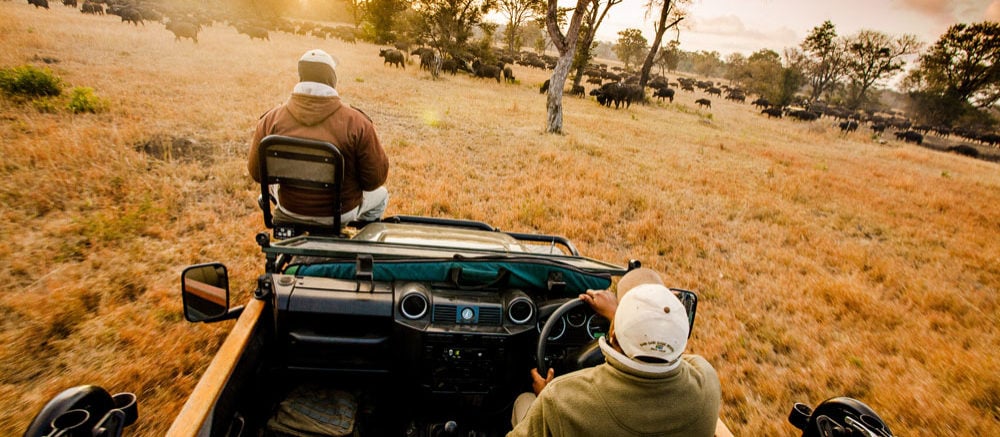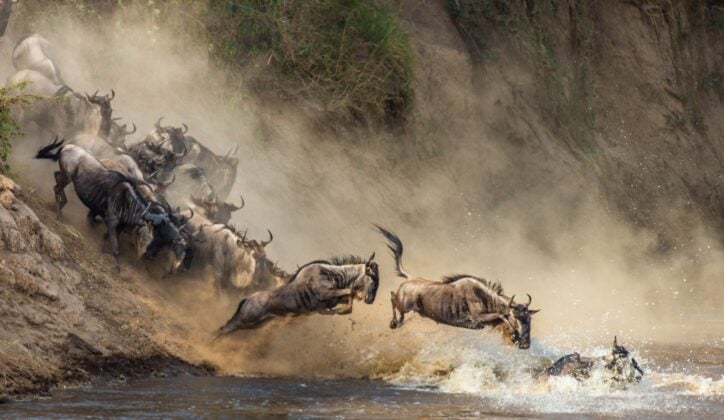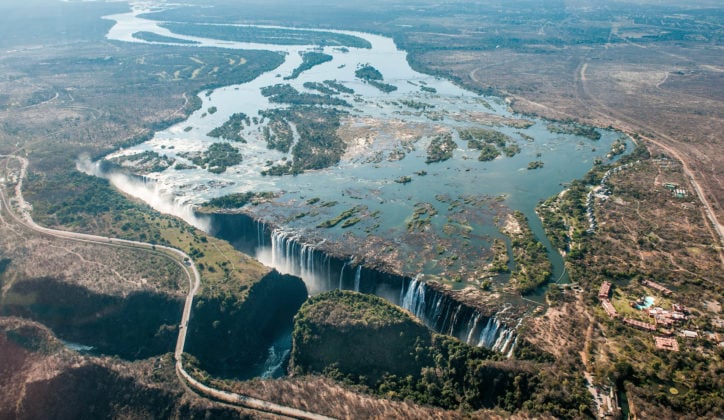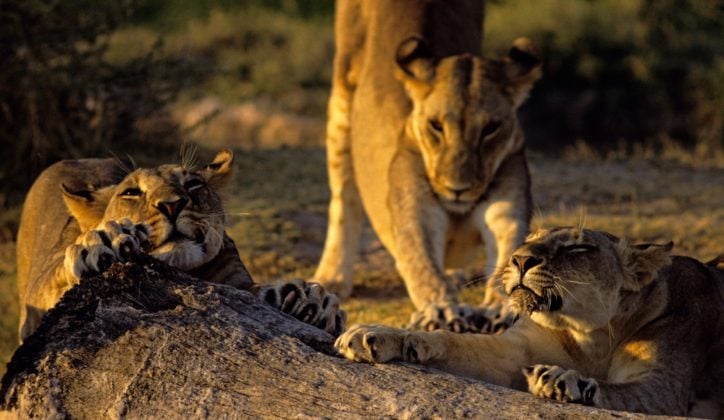Published on: October 3rd, 2017
Last modified: October 2nd, 2023
Part of the excitement of a trip comes in the preparation and planning beforehand. Knowing what to pack for your safari can be a challenge, though. To make it easier, our Africa experts have compiled a comprehensive list of what to pack for a safari. With this list, you can avoid those 'I wish I had this with me' or 'why did I bring all of these' moments.
Of course, each safari adventure is different and recommendations can change from time to time. Therefore, please contact your travel designer or concierge for a detailed packing plan for your trip.
Clothing on Safari
For safari activities such as game drives and walking safaris its best to wear neutral colours, bright colours can startle and scare off the wildlife.
We recommend khaki coloured clothing where possible, avoiding dark blue in tsetse fly areas the flies are attracted to this colour.
Loose fitting, quick dry clothes
Layers and warm clothes if you safari during the winter, including a beanie and even gloves – it can be very cold on morning game drives
Long sleeves and pants work best to protect against bugs, the sun and the bush on walking safaris.
Changeable lengths and sizes is also a good idea: for example, shirts that will protect shoulders from the sun but also have sleeves that can be rolled up, or longer trousers that can convert into capris.
Sun hat and sunglasses
Windcheaters and waterproof coats are advisable if you travel in the green season (usually from November to May)
In the evenings dinners are casual but a clean change of comfortable clothes is appropriate. In some lodges in South Africa you can dress a little smarter if you prefer, although not necessary. Remember a warm fleece for the evenings.
For gorilla trekking you will need waterproof hiking shoes and trousers
Footwear
If you’re hiking Kilimanjaro, taking part in full day bush walks or trekking to the gorillas you will need well-fitting, worn in, hiking shoes or boots – waterproof is essential for Kilimajaro and Gorilla Trekking.
For those who will enjoy mostly game drives with some short walks, a good pair of trainers or lightweight hiking shoes will suffice, closed toe is essential.
Laundry
Laundry services depend on your lodge. In South Africa most safari lodges will provide laundry service, sometimes at an extra cost so do check the price list.
In east Africa at safari camps often a light laundry service is offered which will not include undergarments, only outer wear such as trousers, shirts, etc. Most safari camps will provide you with some washing powder so you can wash your own personal items.
Photography
Spare batteries and/or chargers – all safari camps and lodges will have power points.
Camera cases and protection from the dust and dirt, including waterproof bags.
There are weight limits to your luggage, please make sure your camera kit won’t be too heavy.
Luggage allowance
Light aircraft flights in east Africa require all luggage to be held in completely soft sided bags with no wheels. The limit is typically 15kg per person, including hand luggage.
In South Africa some flights are on larger aircraft where suitcases are permitted and the luggage allowance is usually 20kg per person – however there are some exceptions to this so please be aware of the types of aircraft you will travel on.
No Plastic Bags
Tanzania, Kenya, Uganda, and Rwanda have all implemented a strong ban on single-use plastic. This includes plastic carrier bags, which can no longer be imported, exported, manufactured, sold, stored, supplied, and used, in an effort to tackle plastic pollution. In many destinations, offenders will be punished with a hefty fine or even prison time for simply using a plastic bag. We highly recommend that you do not pack any plastic bags when travelling to these destinations.
Packing List
Here’s our recommended checklist for packing before you head off on your adventure. Each trip, and traveller, is different so it’s always worth discussing your exact itinerary and requirements with your concierge, travel designer and doctor before your travel.
- Sun hat/cap.
- Headscarf/bandana particularly for dusty dry regions
- T-shirts preferably with sleeves to protect your shoulders from the sun
- Long-sleeved cotton shirts
- Shorts
- Long trousers/slacks.
- Comfortable clothing such as loungewear/tracksuit
- Pyjamas – lightweight for summer and warm/thermal for winter
- Underwear
- Socks thermal options are recommended for the winter months
- Closed walking shoes (running/tennis shoes are fine)
- Sandals
- Swimming costume
- Lightweight jersey or fleece in summer
- Light rain gear or jacket for summer months
- Warm jersey or fleece plus anorak or parka in winter
- Additionally, a scarf, gloves and beanies/woollen hats for the cold winter months.
- More formal attire for city hotels, luxury trains, top end lodges
- Good quality sunglasses, UV protected, preferably polarised
- If you wear contact lenses, we recommend that you bring along a pair of glasses in case you get irritation from the dust
- Camera equipment including spare batteries, chargers, film, flash cards, memory sticks, etc
- Waterproof/dustproof bag or cover for your camera
- We recommend that you bring your own pair of binoculars for viewing both wildlife and birds. The recommended general purpose binocular specifications are 08×40 or 10×42
- Torch or a head lamp
- Personal toiletries
- Moisturising cream and suntan lotion SPF 30 or higher recommended
- Lip balm
- Hand sanitiser
- Insect repellent for body application
- Please consult with your travel clinic with regards to appropriate medication to include in your basic medical kit (aspirins, plasters, antiseptic cream and antihistamine cream, etc.)
- Tissues
- Lightweight backpack to carry essentials
- Visas, tickets, passports, money, credit cards
- Insurance details, etc
Please contact your travel designer or concierge if your have any further questions
Our top safari example trips
If you need any more information about packing for your safari, our Africa experts are always available to help and to offer destination-specific advice.





